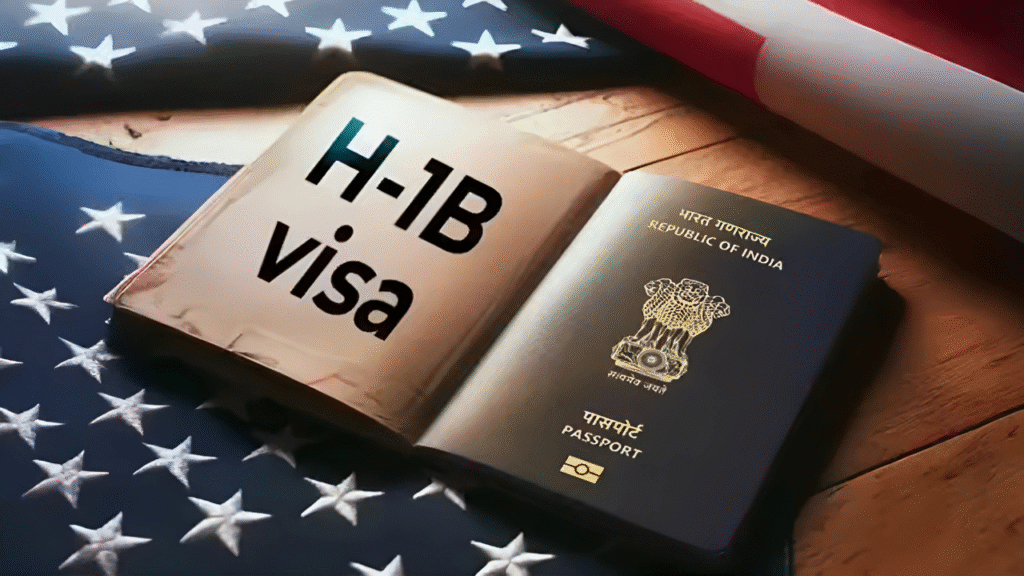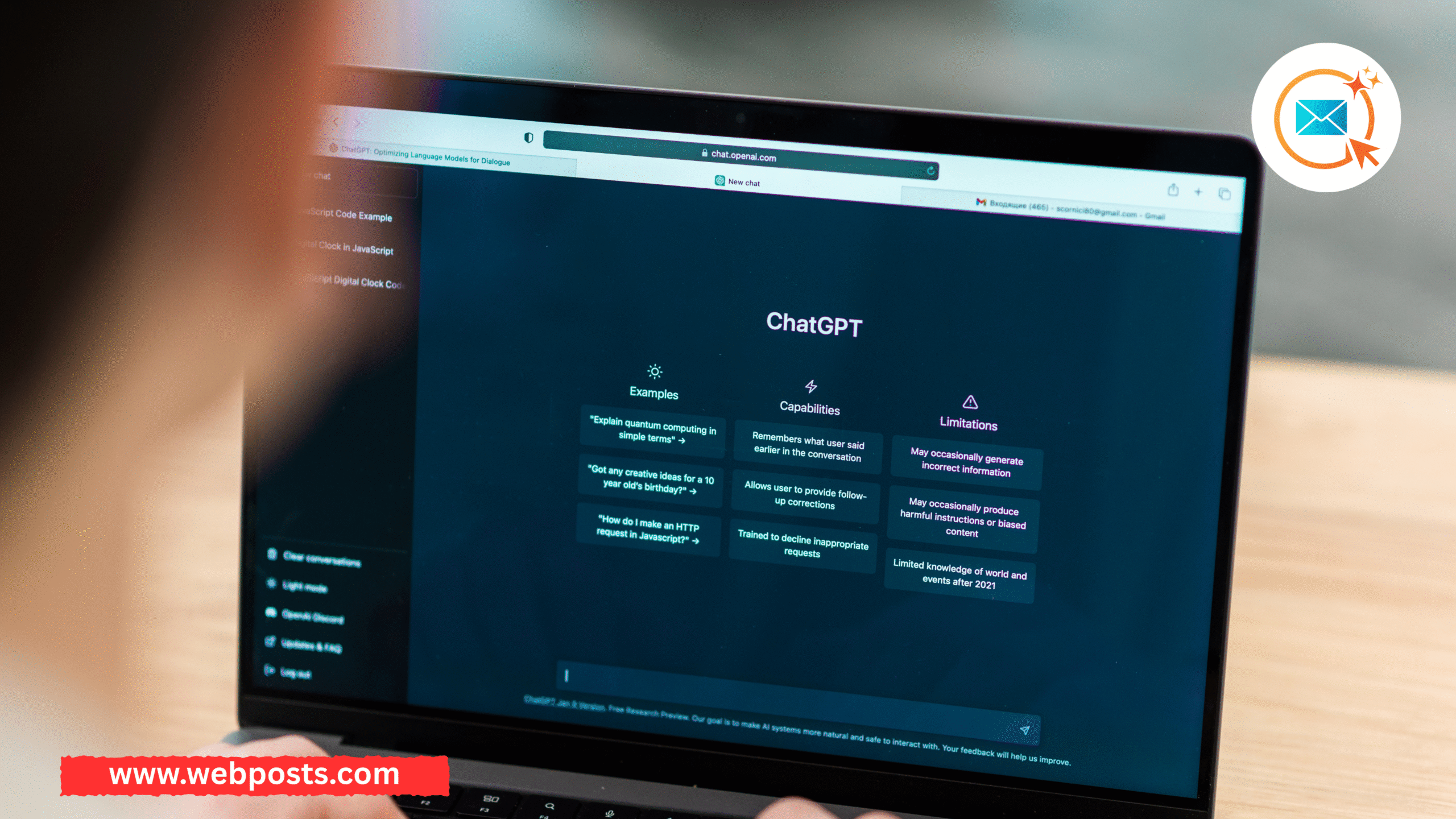The H-1B visa has helped skilled people, mostly from India, find work in the US for a long time. That bridge seems even less stable now that Donald Trump has changed the program to charge more and put more limits on it. The choice has had an impact on people and businesses all over the world, but Pixar and Microsoft, two of the most powerful companies in Silicon Valley CEOs like Pichai and Nadella, have kept quiet about it. Because of immigration laws, both men are well-known all over the world, but they have chosen to keep quiet at this very important time.

As Trump cracks down on H-1B cards
In his most recent order, Trump added a $100,000 fee for each new H-1B visa application. Besides being bad for business, this also gets in the way of skilled action. This has the most impact on Indian workers, who make up the majority of H-1B visa holders. With this visa, engineers, experts, and other tech-savvy people have been able to help the US stay on top for years. Companies might not want to hire Indian workers as much now because of the new fee. This would make them rethink how they hire people from all over the world.
What the Business Did?
When it comes to this change in strategy, the tech industry has been cautious. A number of companies have quietly changed their rules for employees to say that they shouldn’t fly abroad for no reason and that they should look over their hiring plans for the future. Companies haven’t said much in their views so far because they don’t want to make things worse with White House officials. But fear is going on behind closed doors. The CEOs in charge know that their channels for new ideas will suffer without Indian talent. The public word is still carefully thought out.
What Does Nasscom Do?
India’s IT industry group, Nasscom, spoke out strongly, but individual companies were less vocal. A lot of people in the group stressed that the new rules are scary for both businesses and students who want to study in the US. It said that making it harder to get an H-1B visa would slow down growth, hold up projects, and make both countries less safe. The group has asked the US government many times to reconsider steps that could harm the long-term relationship between India and the US tech industry.
The Peace of CEOs with Indian Roots
I’m most surprised by Pichai and Nadella, though. In the past, both CEOs have talked about how immigration has changed the tech scene in the US. The stories they tell are very helpful. This is how Sundar Pichai got into the United States as a student and then used the visa system to work his way up at Google. Satya Nadella did the same thing and ended up becoming Microsoft’s CEO. The trips they’ve taken show how programs like H-1B make the American workforce better. But they didn’t say a word when the thing that gave them that chance was attacked.
Why it’s important that they stay quiet
A lot of people are scared about what Nadella and Pichai are hiding by being quiet. People in India and around the world who want to work can look up to both leaders. Many times, their stories are used to show that foreigners can still live the American dream. If they don’t say anything now, they might send the word that being careful in business is more important than being a moral leader. But some people say that they are choosing to be quiet. A public attack on a former president could make it harder for their companies to do business together, since both CEOs have to deal with tough political problems.
Indian criticism of government
People in India’s government and media have said they are sad. Lead- ers like Shashi Tharoor have told the exiles to speak out more when it means the most. People with a lot of power should fight for more than just their businesses. They should fight for the people they help as well. More and more, people expect Indian-American world leaders to speak out on problems that affect their home country because they are Indian. It’s clear from what Tharoor said.
What people said on social media
People on social networks like X and LinkedIn have had a lot to say about it. They have been asked by many why they have been quiet when their personal lives are so linked to the visa system. Others CEOs said they were just being careful, while others said they put business needs ahead of people’s wants. The conversation shows a bigger anger towards business leaders who say they care about social issues but often play it safe when real risks are present. Story from India Today can be found at this link.
What the Indian Diaspora Needs to Do
Most Indian people in the United States are also very careful in this way. A lot of refugees have told people behind closed doors that they are scared, but they don’t want to say anything in public. People who are officially American citizens are scared to protest in public because they don’t want to lose their jobs. This reluctance makes sense in a competitive field where reputations are at risk, but it also shows how little support there is for advocacy in diaspora groups. Like CEOs, most workers would rather not say anything than fight.
How much do Indian workers have to lose?
Indian workers are being hurt a lot by Trump’s new approach. For young engineers and students, the H-1B visa is more than just paper work. It’s a sign of chance, safety, and the chance to build a future. If the fees go up and the rules get stricter, companies will be less likely to support visas. This means that thousands of people will not know if they have work or not. People with plans to stay in the U.S. for a long time now have to make hard choices. The change could speed up the “reverse brain drain” in India, where smart people go to work in Canada, Europe, or even their own country.
Are Nadella and Pichai going to talk?
As the debate goes on, the heat on Pichai and Nadella is likely to grow. They might finally say something, but only after carefully planning words that show they care about workers while also being polite in business. It’s not clear if these words will change the topic too late. Their thoughts still matter a lot, that much is certain. They really believe in the system that is in danger because of what happened to them.
Conclusion
The fight over the H-1B visa isn’t just about rules for immigration. Jobs, families, and the whole tech world are affected. Indian workers are very stressed out because they don’t know what will happen next. The rule could keep the US from getting important workers that help its creative engine. It’s hard to lead people from different cultures because the CEOs like Pichai and Nadella didn’t say anything. It’s hard to keep personal histories, work duties, and political threats all in check. Still, how they answer could affect how the company deals with immigration problems when dealing with governments in the future.
A lot of Indian workers are still waiting. They want more help from people who have been through the same uncertain trip as them and policies that are more fair.
Explore more interesting and insightful reads on Webposts.






